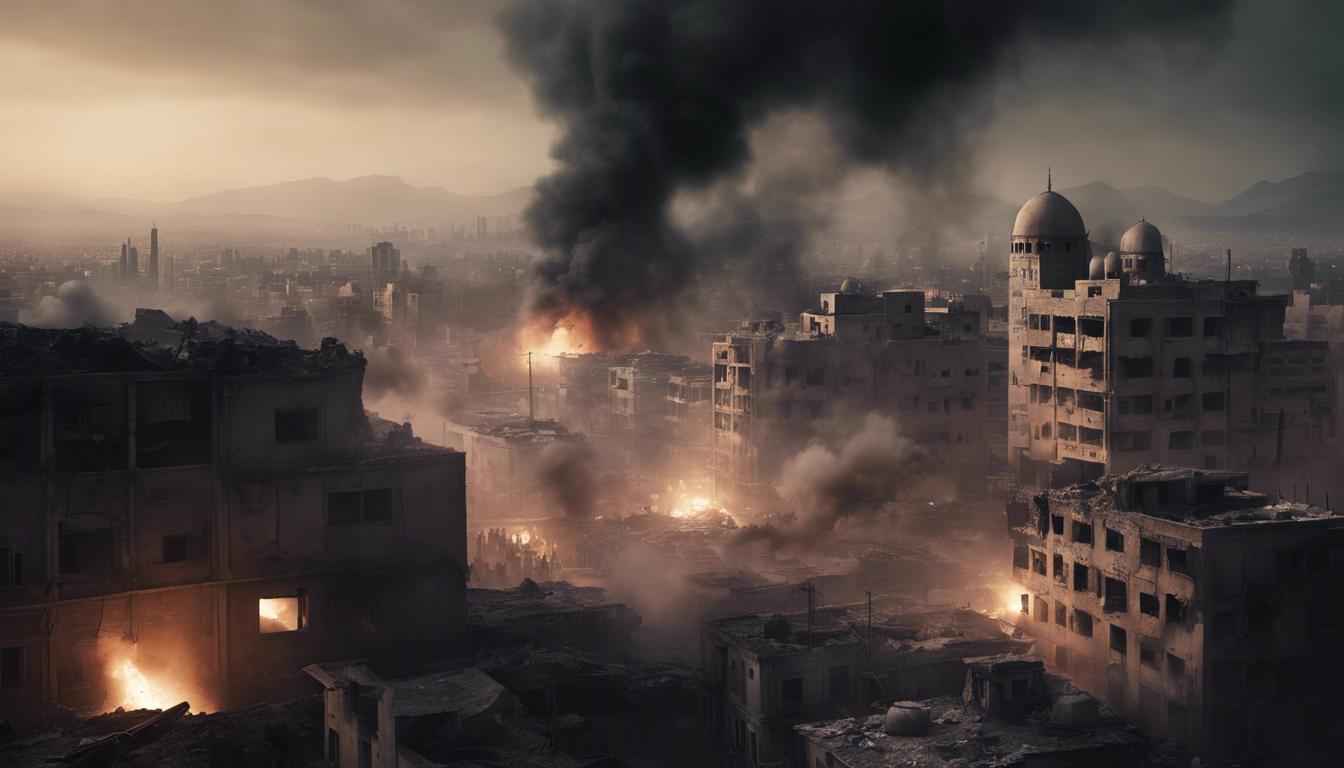Recent escalations in the Gaza Strip and along the Lebanon-Israel border have led to a significant increase in violence, sparking a humanitarian crisis and calls from UK parliamentarians to ban arms sales to Israel, among other international reactions.
Recent events in the Middle East have marked a significant escalation in violence, notably in the Gaza Strip and along the Lebanon-Israel border. In southern Gaza, particularly around Rafah, Israel has stepped up its bombardment, leading to widespread reports of explosions, while in Lebanon, Hezbollah has launched rockets into an Israeli town in retaliation for Israeli strikes in southern Lebanon. The conflict has further intensified with more than 130 UK parliamentarians calling for a ban on arms sales to Israel, echoing Canada’s recent cessation of all arms exports to the embattled nation.
In a notable development, Sheikh Mohammed Takkoush, leader of the Lebanese Sunni militant group al-Jamaa al-Islamiya, has announced closer ties with the Shiite group Hezbollah, to combat Israeli actions in Gaza and Lebanon. Despite historical sectarian tensions, this collaboration signifies a united front against Israel, with Takkoush emphasizing their group’s independence but shared focus on resisting Israeli occupation.
Tragically, the humanitarian crisis in Gaza has worsened, as evidenced by a harrowing incident where twelve Palestinians drowned and six were crushed to death in a rush to collect American aid packages that had been airdropped off Gaza’s coast. The Pentagon reported that a malfunction in the parachutes of three aid packages contributed to the fatalities. This incident underscores the dire need for aid in Gaza, where the UN warns of a looming famine and significant shortages of essential supplies. Despite these challenges, aid delivery has been impeded, with Israel citing logistical issues and international agencies calling for unobstructed access to Gaza.
As the violence continues to claim lives on both sides, the international community’s calls for a ceasefire and humanitarian aid grow louder, highlighting the urgent need for diplomatic intervention to prevent further loss of life in this increasingly volatile situation.













